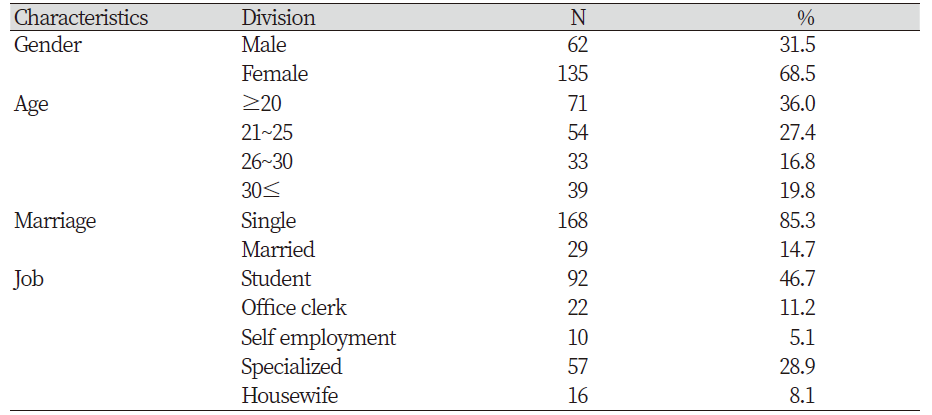Abstract
Objectives: The purpose of this study is to investigate the relationship between perceived oral health, medical service satisfaction, and oral health impact profile (OHIP-14) and the factors affecting OHIP for orthodontic patients, and to provide basic data to improve the quality of life of orthodontic patients in accordance with oral health. Methods: The study explained the purpose and purport of this study to orthodontic patients who visit dental clinics located in Daejeon and Chungcheong province for about two months from July 01, 2019, and conducted a self‐reported questionnaire survey for 220 participants who agreed to participate in this study. of the collected questionnaires, data of 197 subjects were used for the final analysis except 23 that were inadequate. Results: As for orthodontic treatment satisfaction according to perceived oral health and OHIP, there was statistically significant difference between respondents who were ‘very healthy’ and ‘not healthy’ (
Figures & Tables



